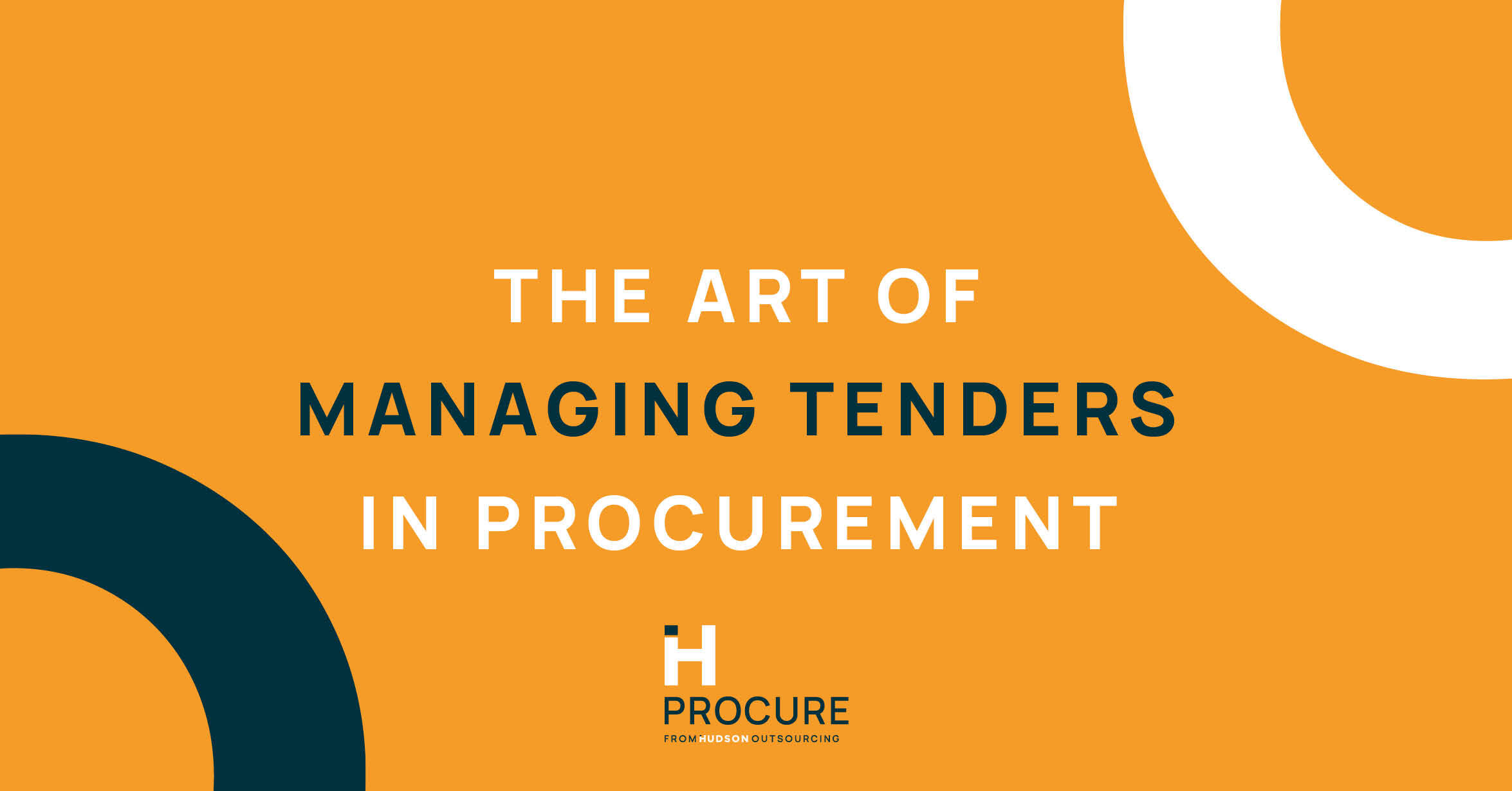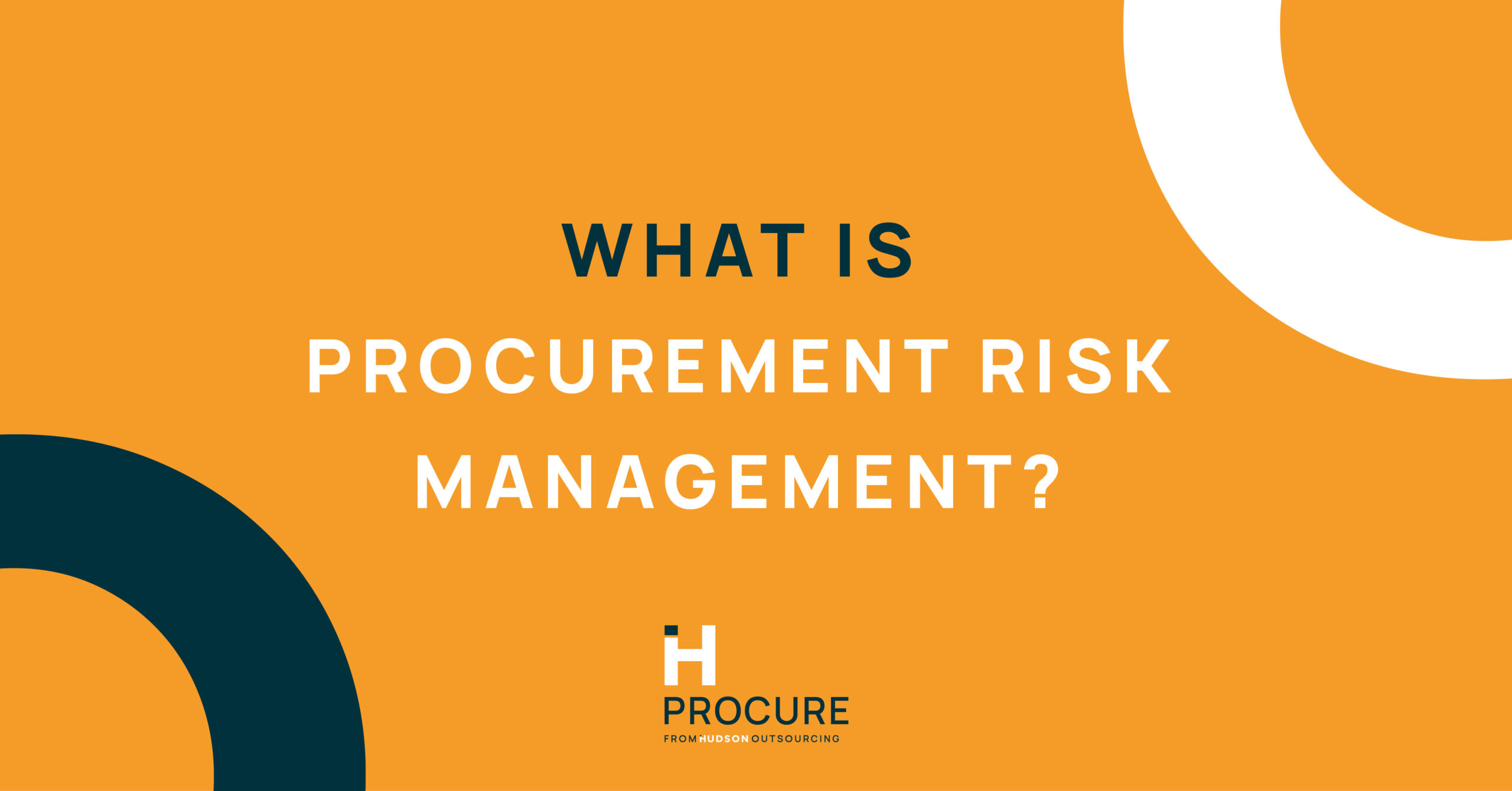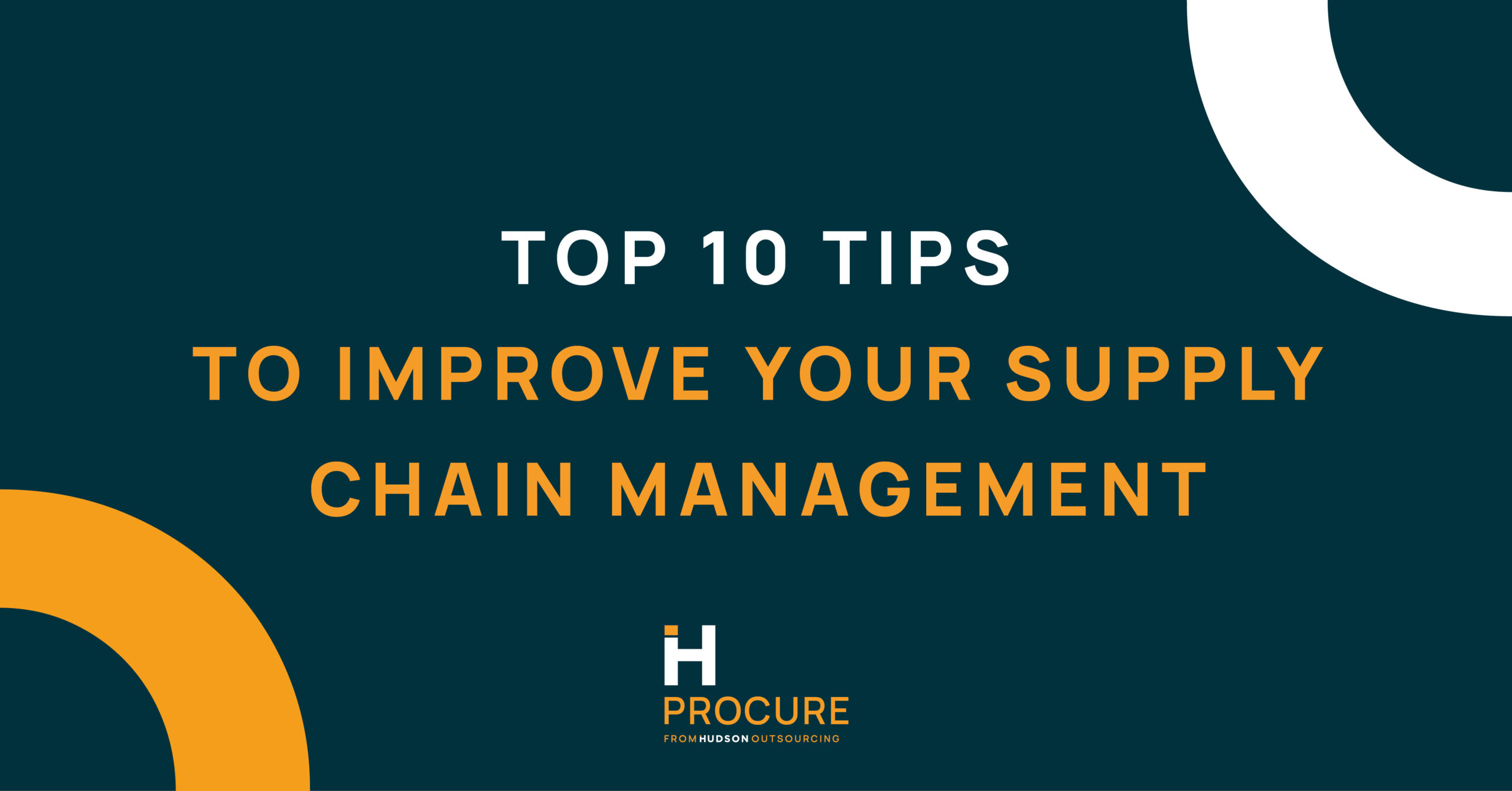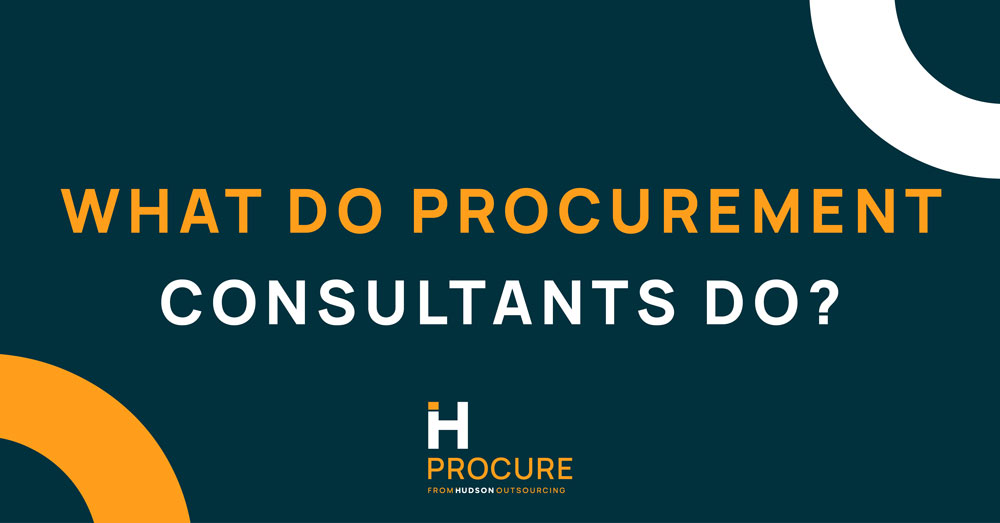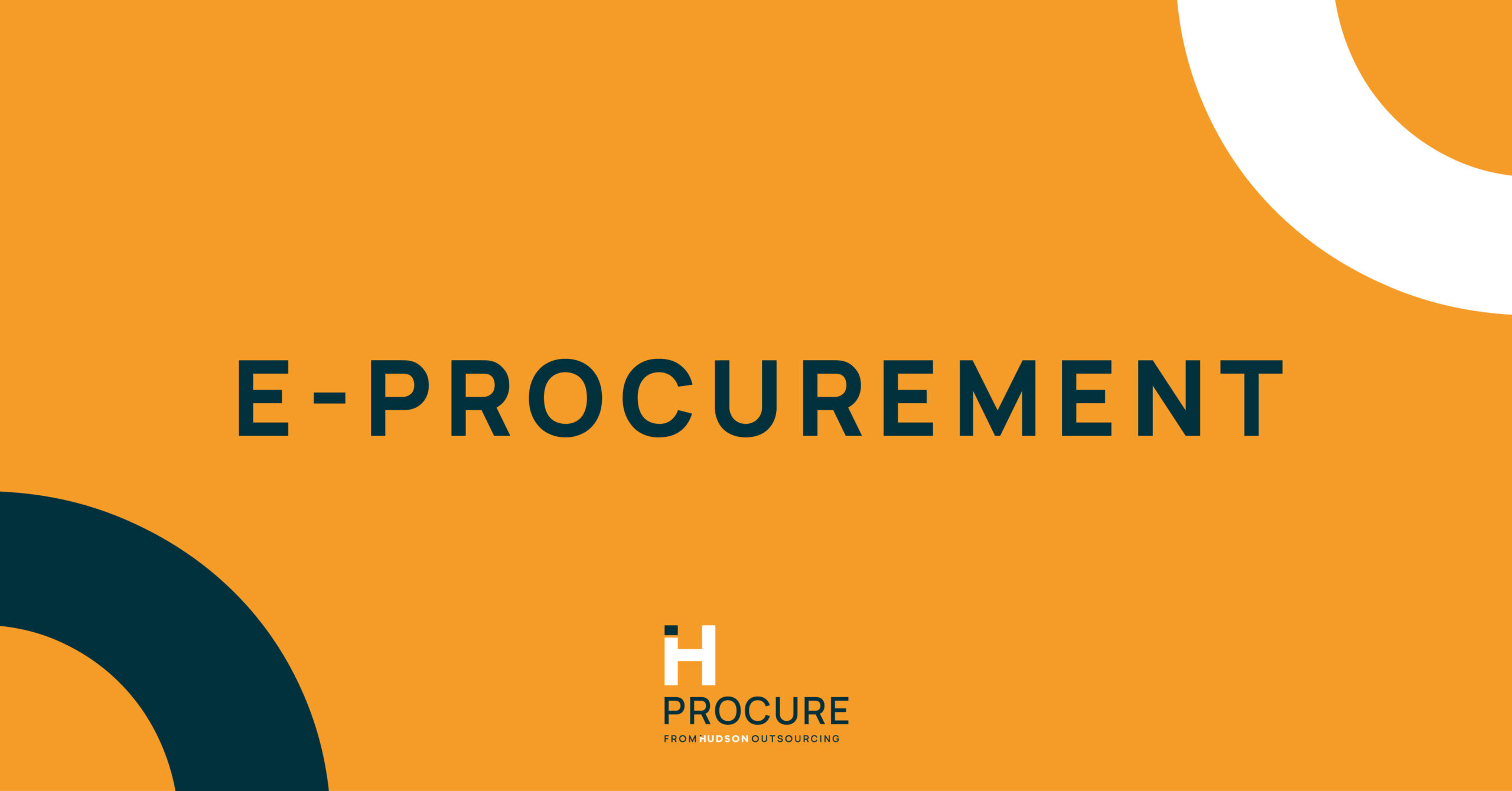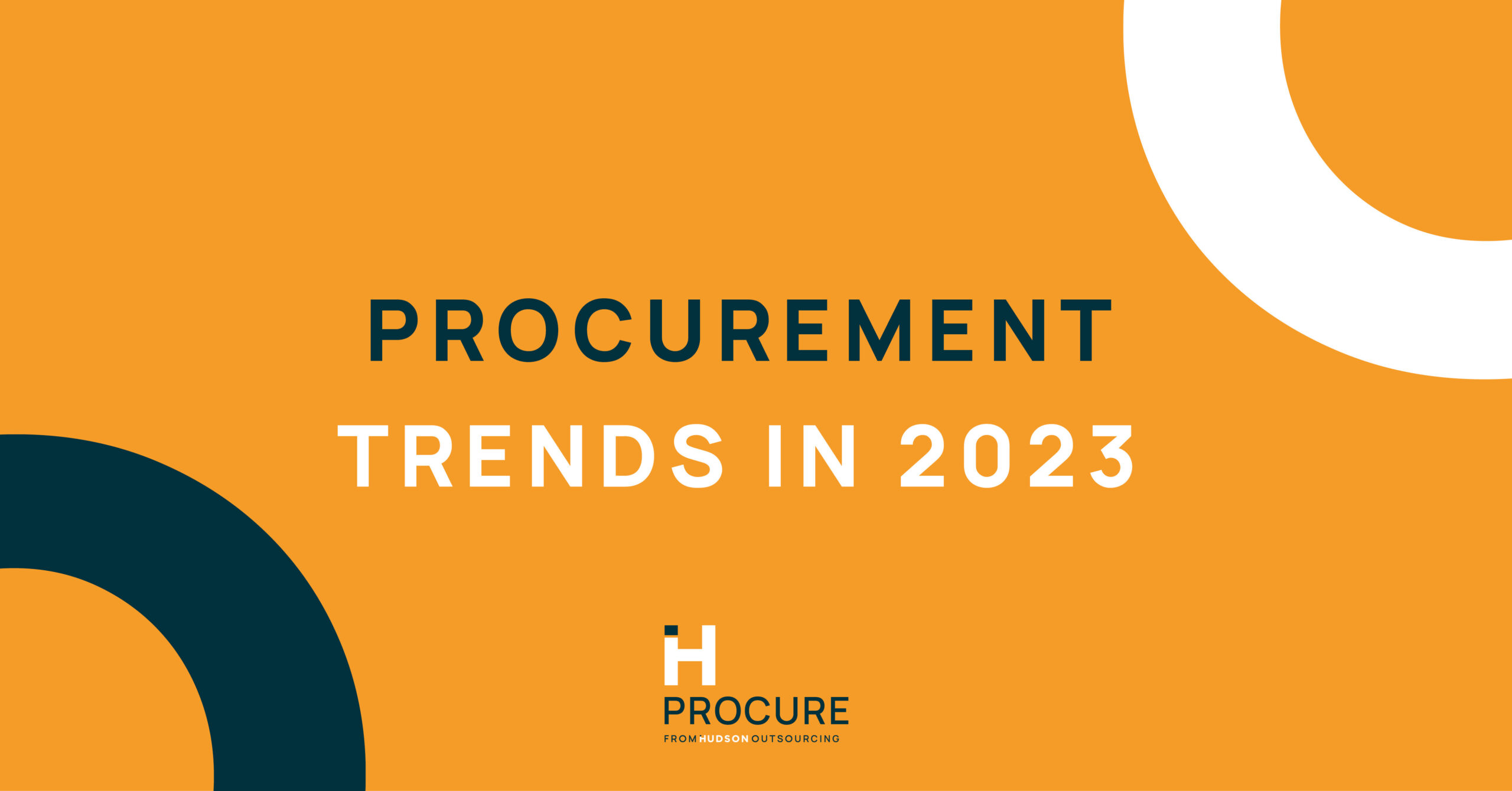The art to managing tenders in procurement
Managing tenders can be an expensive process. If your organisation is new to procurement or struggling to effectively manage the process, read our top nine tips.
Here at Hudson Procure, we’ll set you straight with 9 steps to managing the tendering process.
1. Determining your requirements & drafting your contract
What is it that you need from suppliers? Have you considered the quantity of goods or the extent of services? Combine all the requirements that you need into a document. This can be considered a draft contract. Rank the individual requirements so that the finished product is more polished and reflects the needs of your organisation. One method of achieving this is organising meetings with your stakeholders. If you’re managing tenders, this is the best place to start.
2. Building your evaluation framework & setting a tender deadline
Now that you’ve got your priorities straight, you’ll be creating an evaluation framework. This can be produced in the form of a scoring document, breaking down each element of your criteria. By this point, it’s recommended that you’ve got your tender deadlines solidified. This includes things like the clarification deadline, tender submission date, award date and the project commencement date etc.
3. Producing ads & creating a PQQ
Create an ‘advertisement for opportunity’. In public sector procurement, these are created far before the commencement of your official tender notice. If you’re acting as a private buyer, another option is simply going forward with a Pre-Qualification-Questionnaire (PQQ). This tender document helps you assess the suitability of the contractor or supplier.
4. ITTs & RFPs
Your initial suppliers have successfully completed the PQQ and proven themselves as suitable bidders. Now you’ll need to create either an Invitation To Tender (ITT) or a Request for Proposal (RFP). For the suppliers, this tender document is the heart of their tendering process. This represents a good opportunity for the suppliers to showcase things like sustainable procurement and social value.
5. On-site interviews, tender packs, & briefing documents
As you can see, there are a few names for this stage in the process. Regardless of the name, it’s where the remaining bidders are briefed. In the case of an in-person briefing, this is an excellent opportunity to answer clarification questions. Any questions you receive through documents such as Technical Queries (TQs) or Requests for Information (RFIs) are highly important.
Once you’ve collated these, you can produce a document answering all queries so that all the bidders are equally knowledgeable. This shows that you’re providing transparency and equality, giving a level playing field to the bidders.
If you’re tendering in the public sector, you’ll need to provide a timescale for clarifications to a supplier’s bid. This will need to be completed in writing. As the evaluator, you cannot directly raise bid clarifications. This is due to them possibly going beyond the restriction set by the Public Contract Regulations 2015.
Instead, they must be reviewed by the procurement team before being sent out. These measures are in place to ensure a level of transparency and fairness within the tendering process.
6. Getting your evaluation team briefed & receiving the bids
Your evaluation team are one of the last tools for quality assurance. It only seems fair that they should have all the information they’ll need to select the best supplier. This could include;
- The tender documentation
- The evaluation process and criteria
- How far weightings affect the evaluation process (social value, social responsibility, etc.)
If you’re tendering in a public setting, receiving the bids can be quite difficult. Take for instance the deadline. If a bid arrives late, you’ll be forced to reject it and place the late bid in a secure environment.
7. Evaluating the bids, selecting the best response, and notifying the bidders
A large chunk of time will be attributed to this stage. Your evaluation team will be hard at work, making sure that the most suitable supplier is chosen. It’s likely that you’ll be working to select the Most Economically Advantageous Tender (MEAT). Once the successful bidder is chosen, you’ll send your notification of the successful bidder.
8. Feedback & contract negotiations
If you’re working within the public sector, you may be asked to provide an in-depth score of the successful bidder. This will outline each element of the process, and how they won the tendering competition. The same will go for the unsuccessful bidders, as you’ll need to send a report surrounding areas of improvement. Once you’ve finalised your notices and sent them out, it’s time to meet with your chosen bidder. Dependent on the contract, contract negotiations occur to make sure that both parties are fully considered.
9. The contract award
If supplier negotiations have occurred and they’ve gone well, you’re officially at the end of this process. Both parties have signed the dotted line, and you’ve now found yourself a new supplier, hopefully for the foreseeable future.
In summary
We’ve reached the conclusion on this blog on managing tenders. We’re confident that you’ve received the information you need for managing your own tendering process.
-
Determining your requirements & drafting your contract
- What do you need from the contract?
- Quantity/quality need to be considered here.
-
Building your evaluation framework & settling a tender deadline
- Creating a scoring document for the evaluation team to refer to in the evaluation process.
-
Producing ads & creating a PQQ
- Getting your advertisement for an opportunity together or just posting a Pre-Qualification Questionnaire.
-
ITTs & RFQs
- Creating an Invitation To Tender/Request For Proposal.
-
On-site interviews, tender packs, & briefing documents
- Interviews, tender packs and briefing documents acting as transparent documents/information guiding their response.
-
Getting your evaluation team briefed & receiving bids
- Ensuring that your evaluation team has all the necessary information and documents.
-
Evaluating the bids, selecting the best response, and notifying the bidders
- Making sure that your evaluation and criteria are consistent. Keeping MEAT (Most Economically Advantageous Tender) in mind.
-
Feedback & contract negotiations
- Producing an in-depth result to each of the suppliers.
-
Contract award
- Signing the dotted line and integrating the new supplier to your operations.
What if you still feel unsure about managing tenders? Well, not to worry, our experts at Hudson Procure are on hand to guide you through the process.
How can Hudson Procure help?
At Hudson Procure, our procurement experts have two decades of experience. No matter what kind of support you’re looking for, we can help.
Procure Consult
With Procure Consult, we provide support with tender management and ad-hoc procurement consultancy. Our expert team can provide assistance at any stage, as and when required.
Procure Health Check
With Procure Health Check, we’ll conduct a full review of the strategic and operational procurement processes within your organisation. We’ll identify the areas that need improvement and help you drive greater value from the procurement process.
Procure Analyse
The purpose of Procure Analyse is to conduct a high-level analysis of your spending activity. We’ll help you understand your current purchasing behaviour and highlight areas that can deliver greater value. Procure Analyse is offered as part of Procure Health Check or as a standalone service.
Procure Outsourcing
With Procure Outsourcing, we deliver a range of procurement solutions on an outsourced basis, completely bespoke to you. This can range from delivering multiple tender projects as a package to delivering the full procurement function of your organisation.
Procure Post
With Procure Post, you can share your tender on one or more of our 11 sector-specific portals. We’ll advertise your tender to our community of engaged suppliers, looking to deliver similar contracts. This way, you’ll increase your chances of finding the perfect supplier. The best part? Procure Post is completely free with no limitations on the quantity of tenders you can upload.
Get in touch for a consultation and find out how we can help your organisation drive greater value for money.
Check out our other blogs for further Procurement Insights:

